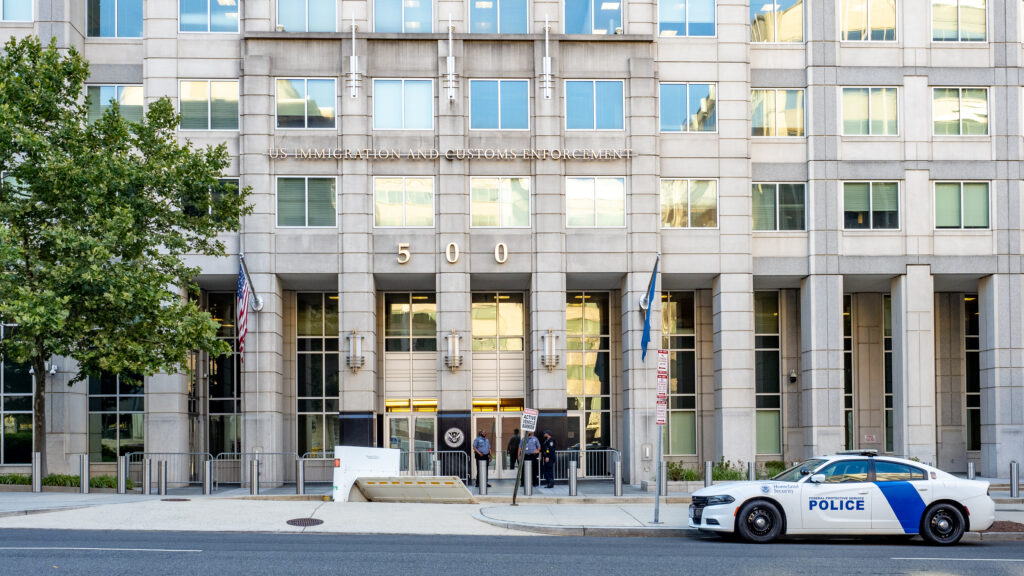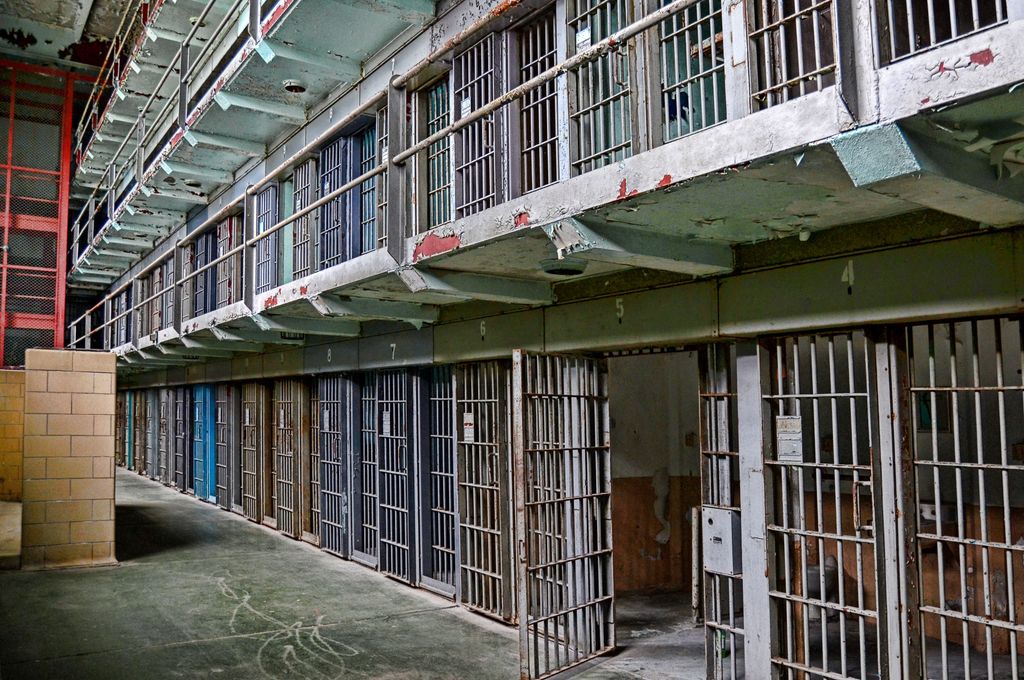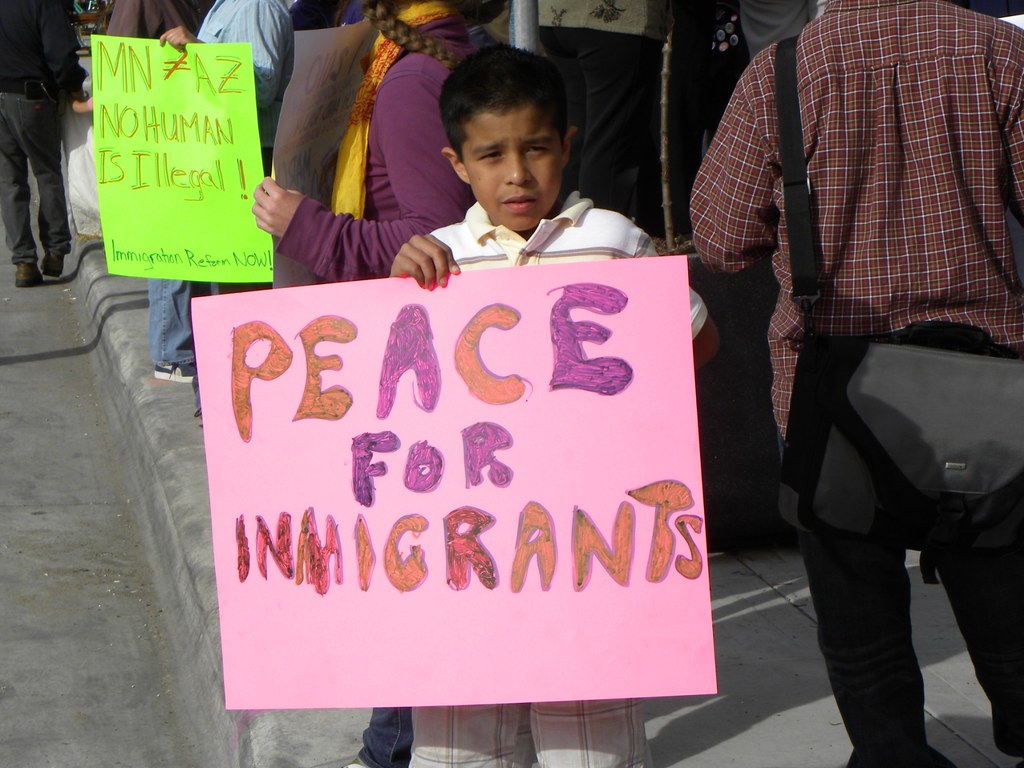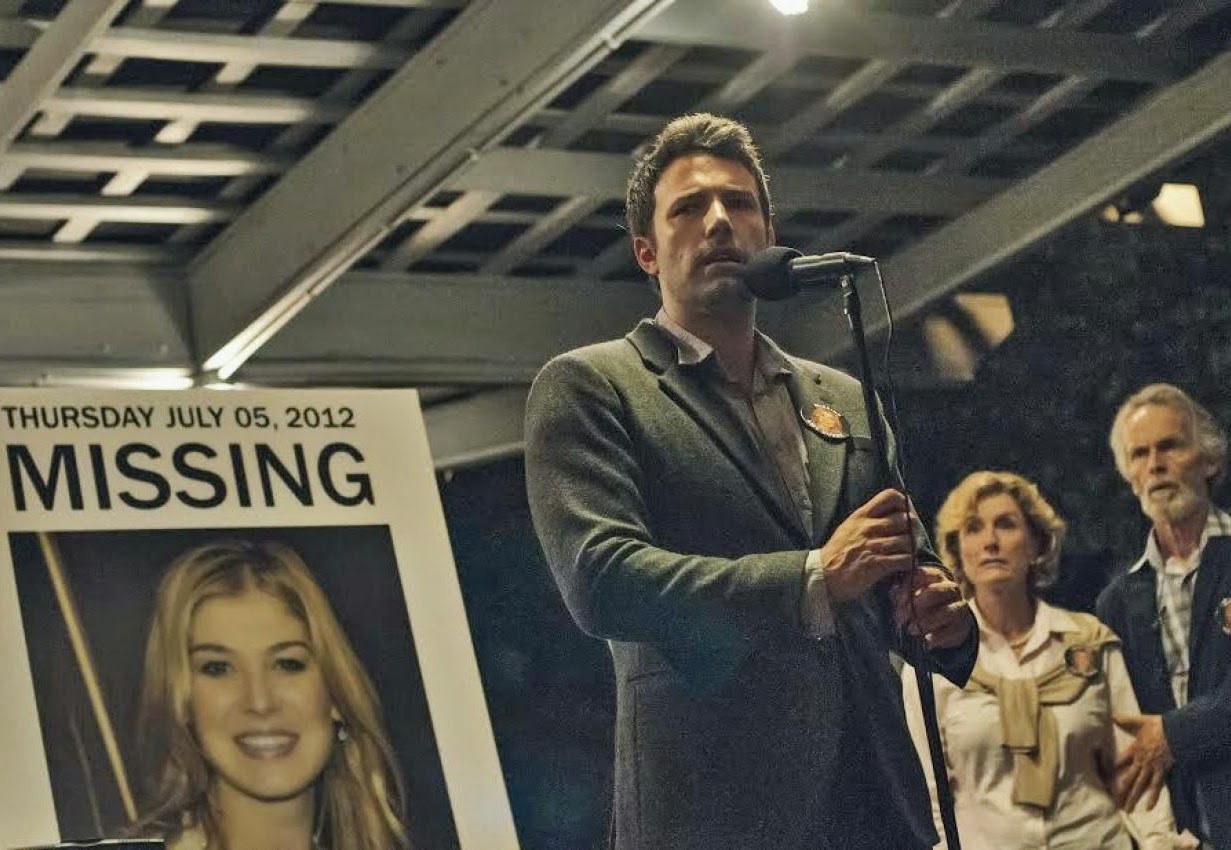
Sarah Shaw, a New Zealand national, mother of three, and US resident for over three years, found herself unexpectedly detained by U.S. Immigration and Customs Enforcement (ICE) on July 24 while attempting to re-enter the United States from Canada with her six-year-old son, Isaac. What began as a routine trip to drop her two eldest children at Vancouver airport for a flight to New Zealand swiftly escalated into a harrowing ordeal, casting a stark light on the complexities and strictures of current U.S. immigration enforcement. Her detention, alongside her young son, has ignited a wave of concern among family, friends, and advocacy groups, who describe the situation as a grave administrative error leading to profound distress.
Ms. Shaw, 33, works as a youth counsellor at a juvenile detention facility in Washington State, a civil servant role where she handles some of the most at-risk youth in the community. She had driven her two older children to Vancouver, British Columbia, to board a direct flight to New Zealand for a holiday visit with their grandparents. The journey into Canada proceeded without issue, setting the stage for what she believed would be a smooth return to Everett, Washington, her home of three and a half years.
It was upon her attempt to re-enter the United States that the situation dramatically changed. Border officers flagged an issue with her travel permission, despite her having a pending green card case and a work authorization receipt. Her friend, Victoria Besancon, recounted Ms. Shaw’s initial terror, stating, “She originally thought she was being kidnapped, she didn’t even realise she was being detained originally.” Ms. Besancon further detailed the alarming circumstances, explaining, “They were put into a giant white van, there were no markers on it, and not a lot was explained to them, so she was absolutely terrified.”
Following the detention, Ms. Shaw and Isaac were not released but instead transferred thousands of miles from their Washington home to the South Texas Family Residential Center in Dilley. This facility is one of only two in the country specifically designated to detain families facing deportation. The remote location significantly complicates access to legal counsel and family support networks, adding another layer of hardship to their already distressing situation.

Accounts from Ms. Besancon paint a grim picture of the detention facility’s conditions. Ms. Shaw has been confined in what her friend describes as “horrible, isolated conditions with extremely limited access to communicate with legal counsel and bordering abuse.” Ms. Besancon detailed, “She is in a locked room with five bunk beds, she’s allowed to walk around the facility from 8am to 8pm, but outside of that she is locked in a cell with other families.” She further observed that the facility is “very similar to a prison.
Adding to the isolation, Ms. Shaw and her son are reportedly the only English speakers among the detainees, aside from staff, making communication difficult and compounding their sense of being alone. Ms. Besancon described it as “kind of like being in jail.” Furthermore, Ms. Shaw has been forced to use her limited commissary funds to acquire basic necessities such as toothbrushes and shampoo for her son, and they are not allowed to wear their own clothes or even their own underwear, instead being issued uniforms.
At the heart of the detention lies an “administrative error” concerning Ms. Shaw’s immigration documentation. She holds what is known as a “combo card,” a temporary immigration document that combines both work authorization (Form I-765) and advance parole (Form I-131), which permits international travel and re-entry into the U.S. While her work authorization had been approved, and she had received a receipt notice extending her ability to work following a renewal filed in March, her advance parole, or travel portion, had not been approved.

This discrepancy represents a common point of confusion for many applicants, as the automatic extension often applies only to the work card, not the travel permission. Ms. Shaw’s lawyer, Minda Thorward, clarified that Ms. Shaw was “in the process of applying for lawful permanent residency” and held this “combo card” linked to her employment visa and an I-360 visa for domestic violence survivors, qualifying her to reapply independently for a green card after her divorce.
Ms. Thorward asserted that Border Patrol agents possessed the discretion to grant Ms. Shaw humanitarian parole, a legal authority allowing a person into the United States for urgent or public interest reasons even if a travel document has lapsed. I told her, yes, you don’t have a travel document, but you’ve only been gone about a day. Just explain what happened to the immigration officials,” Ms. Thorward stated. However, ICE reportedly refused this option, choosing to detain both mother and son.
A particularly contentious aspect of the case is the detention of Ms. Shaw’s six-year-old son, Isaac. According to Ms. Thorward, Isaac possessed valid travel documents, rendering his detention inexplicable. “There was absolutely no reason for him to be detained. It’s unconscionable,” Ms. Thorward remarked, questioning why a child with valid paperwork remains in custody. Ms. Shaw’s request for her friend, Victoria Besancon, to pick up her son was also denied by Border Patrol agents.
Ms. Shaw’s case is not an isolated incident but rather illustrative of a broader crackdown on immigration in the U.S., particularly under Donald Trump’s second term, with centers stretching across Texas, Louisiana, and Mississippi often referred to as “Detention Alley.” Critics contend that some policies expanded during the Trump administration—such as increased use of family detention and narrower parole—have persisted into the Biden administration, impacting individuals with pending cases and minor paperwork discrepancies.

The Washington Federation of State Employees (WFSE), representing Ms. Shaw, has vociferously demanded her immediate release. Mike Yestramski, the union’s president and a psychiatric social worker, stated, “The trauma this has already caused for her and her son may never be healed.” He emphasized the union’s strong opposition, declaring, “We vehemently oppose ICE practices and the broader immigration policies that enable them as they contradict American values and human rights.
In response to the detention, Ms. Shaw’s friends, led by Victoria Besancon, initiated a GoFundMe campaign to secure funds for her rent and legal representation in both Washington and Texas. The campaign had successfully raised over US$37,000 by the time of reporting, highlighting the strong community support rallying behind Ms. Shaw. Ms. Besancon noted that Ms. Shaw has “completely drained her savings” and is the “only financial support she has within her family.”
The logistical challenges of communicating with Ms. Shaw while she is detained thousands of miles away have been considerable. Ms. Thorward explained the difficulty: “I cannot call her, she can only call me, and then I have to be available to receive the call and press one to allow the call to come through. So communication is a little bit of an issue.” This limited access to legal counsel disadvantages detained families, increasing costs and limiting effective representation.
Consular officials from New Zealand confirmed they are in contact with Ms. Shaw, stating that consular officials became aware of her case through media reports. Foreign Minister Winston Peters is actively monitoring the situation. This increased media coverage and pressure from Washington state officials, alongside consular involvement, has reportedly started to make a difference, with Ms. Besancon observing, “They started really changing the way they’ve been speaking with her legal representation.
Despite the ongoing difficulties, there is a glimmer of hope for Ms. Shaw and Isaac’s release. Rod Price, Ms. Shaw’s father, expressed optimism, indicating a “90 percent chance that she’s going to be out Thursday, which is our Friday, 3pm,” and noted that Ms. Shaw was so confident she had “already booked a flight back to Seattle.” If this does not materialize, a court date is set for August 29, providing Ms. Shaw an opportunity to fight for her release before a judge.
While Ms. Shaw and Isaac remain in detention, her two older children, aged 8 and 10, are currently enjoying their time in Whangaparāoa, New Zealand, visiting their grandparents. However, their father, Rod Price, noted their anxiety for their mother, despite their efforts to conceal it. He confirmed the children would remain with him until there was someone to meet them back in the U.S., underscoring the ripple effect of the detention on the entire family.
The case brings into sharp focus several critical legal and policy issues: the question of parole versus detention, with attorneys arguing that parole has historically been used to resolve administrative issues without custody; the limited number of family detention centers nationwide, often far from detainees’ homes; and the inherent challenges in accessing consistent legal help from a distance. Union leaders and immigrant rights groups consistently describe current practices as harmful, particularly to children, and unnecessary for individuals with strong community ties.
Ms. Shaw’s experience echoes that of other foreign nationals, such as Rebecca Burke, a 28-year-old British graphic artist who endured a 19-day detention in a U.S. facility due to a visa mix-up. This growing list of cases, involving visitors from various countries, underscores the increasing vulnerability even for those with seemingly valid immigration statuses, especially when minor administrative oversights occur.
For families navigating the complexities of U.S. immigration with pending green card cases, legal experts offer crucial advice to mitigate risks. It is imperative to carry proof of a valid Advance Parole (Form I-131) approval when traveling internationally, as the work card renewal receipt for Form I-765 does not automatically extend travel permission. Avoiding international trips when a combo card is nearing expiration, until a new travel document is explicitly approved, is also strongly recommended. Prior consultation with an attorney before any cross-border travel, even short trips, is emphasized as a vital precautionary step.
As the legal battle continues, with a decision on Isaac’s release anticipated soon, supporters are prepared to facilitate his return to Washington. Concurrently, legal teams persist in their efforts to secure Ms. Shaw’s parole or release on recognizance. The Washington Federation of State Employees and other advocates have pledged to continue their outspoken efforts until both mother and son are reunited at home, highlighting the human cost of administrative oversights within the rigid framework of immigration enforcement. This saga serves as a poignant reminder of the profound impact that seemingly minor bureaucratic details can have on individual lives and families, fostering a call for greater discretion and compassion within the immigration system.




